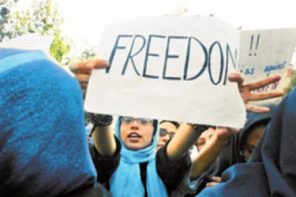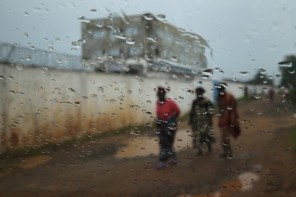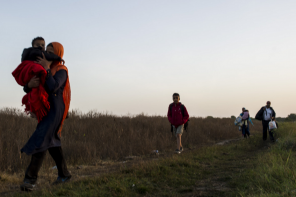I’m thrilled to join the company of some stellar thinkers, doers and writers in “Beyond Kony2012.” I’ve offered a chapter called “Ethical or Exploitative: Stories, Advocacy and Suffering,” an analytic look at trauma stories in journalism and advocacy contexts.
The book is free for two weeks, via LeanPub,. Go download it. Share it with others. Move it like it’s a Rihanna song from Pirate Bay. You know, make it move — if not Invisible-Children/XMDR-TB viral, at least cold-and-flu-season viral.
Here’s the skinny on the book, which you can get here:
The first several chapters provide historical and political context. Adam Branch, Daniel Kalinaki, and Ayesha Nibbe explain the roots of the conflict, and how it has persisted for so many years. Alex Little and Patrick Wegner discuss various attempts to end the conflict through peace negotiations, ICC arrest warrants, and military operations, and why they have not been successful.
Later chapters consider the ethics and effectiveness of awareness campaigns like Kony 2012. Glenna Gordon and Jina Moore draw on their experiences as journalists to critique the video’s portrayal of Africa and the people who live there. Rebecca Hamilton, Laura Seay, Kate Cronin-Furman, and Amanda Taub examine the weakness of “awareness” advocacy. Alanna Shaikh explains the ethical dangers of bad aid work. Teddy Ruge offers a different view of Africa, as a place of dynamic innovation instead of violence and helplessness. And youth activist Sam Menefee-Libey describes his frustration with the tone and substance of the campaign meant to target his generation.



